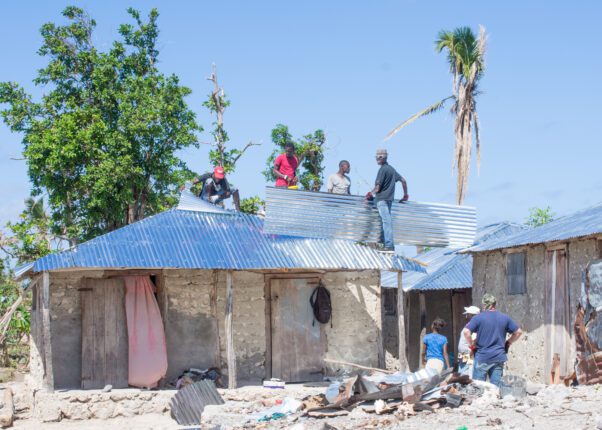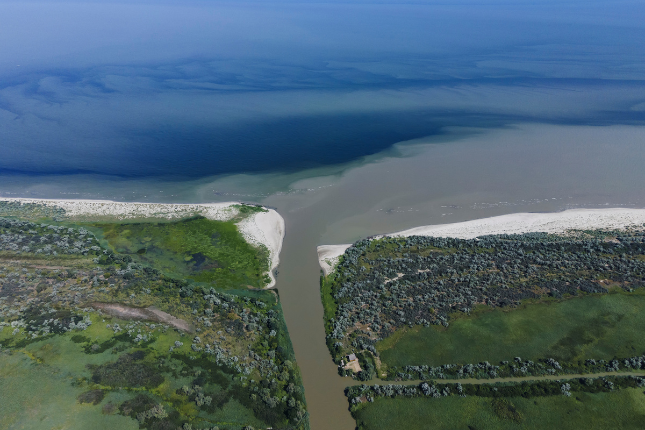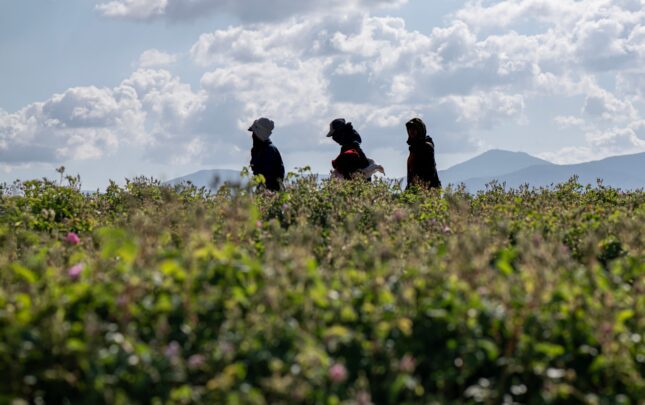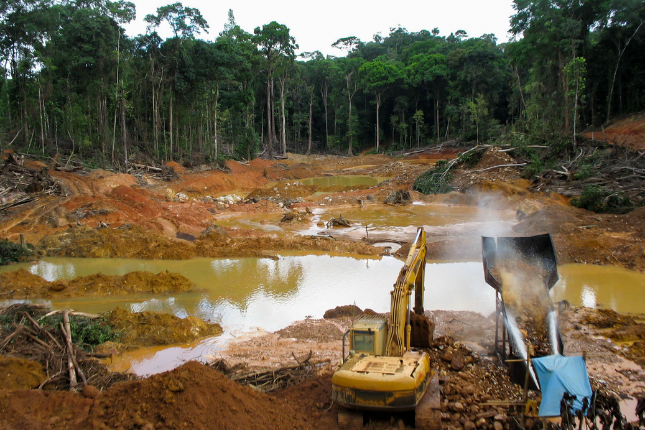-
Is Peace Enough? Why Sustainability Requires More Than Stability
›July 15, 2025 // By Richard Marcantonio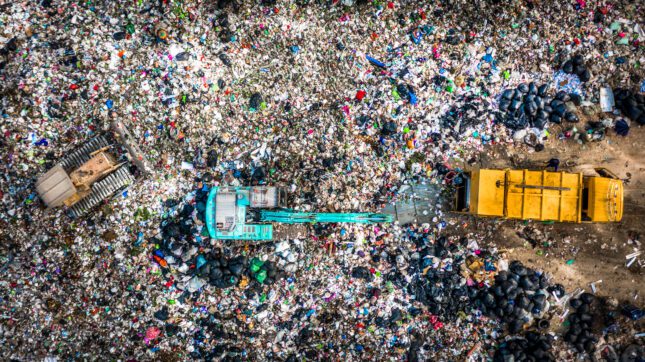
Around the world, conflict and environmental risks are on the rise – and they’re often connected in complex ways. In the past five years alone, the number of global conflicts has doubled. At the same time, human activity is pushing the planet beyond the ‘safe operating space’, increasing the risk of instability.
Researchers studying the links between conflict and environmental change have found that war and violence almost always harm the environment. But the reverse connection – whether environmental stress leads to conflict – is much harder to pin down. That’s because political systems, local institutions, and social dynamics often shape how environmental pressures play out.
Findings from recent studies suggest that sustainability and peace are positively correlated. In other words, the results suggest that peace and sustainability go hand in hand. If true, pursuing one could help achieve the other. But what if it’s not that simple?
-
In the Wake of a Tropical Cyclone: Turning to Violence or Building Peace?
›
“It seems like the news is always bad, right?” observed retired climate and atmospheric scientist James Kossin in a BBC interview last autumn.
Kossin was describing how climate change is weakening the wind shear patterns that have helped lessen the impacts of tropical cyclones in the United States. And, indeed, there is mounting evidence for his observation.
-
ECSP Weekly Watch | March 17 – 21
›
A window into what we’re reading at the Wilson Center’s Environmental Change and Security Program
Canal Projects Endanger Water Security in Pakistan’s Indus Delta (Al Jazeera)
Dozens of villages in the Indus Delta have been submerged by the encroaching sea over recent years, pushing thousands to migrate inland. Now, local residents in Pakistan fear that new canal projects may further exacerbate water shortages in the region.
-
Harnessing the Benefits of Water Cooperation in an Increasingly Complex World
›
In an era of apparent decline in international cooperation and rising crises, freshwater offers an area in which joint approaches remain absolutely essential—especially since water often transcends the boundaries of nation-states.
Cooperation has long been the preferred approach in dealing with water resources shared with neighboring countries. Since the first—and so far, only—water war in 2550 B.C.E., states have favored cooperative action over conflict to manage, protect, or develop our planet’s 313 transboundary surface water basins and 468 transboundary aquifers.
-
Can Climate-Resilient Agriculture Become an Engine for Syria’s Post-Conflict Recovery?
›
Syria finds itself at a crossroads. Faced with the imminent need to prevent a relapse into renewed short-term insecurity, its government also must start to develop longer-term strategies to support recovery.
Generating peace dividends for Syria’s embattled population requires confronting the ecological threats which currently undermine basic human security across the country. Nowhere do these threats emerge more prominently than in its agricultural sector. Ensuring that this essential sector lives up to its potential as an engine for economic stabilization and peace will require a set of targeted – and climate-sensitive – investments and interventions.
-
Environmental Peacebuilding: The Year in Review and the Year Ahead
›
As 2025 marches into its third month, the governance challenges that accompany rising demand for natural resources are not only on the front burner—they are proliferating—and becoming entangled with the drivers of conflict and cooperation.
The heated competition for resources has bubbled up in a proposed billion-dollar deal for Ukrainian minerals now making global headlines. The view that critical minerals like lithium, manganese, and others could become bargaining chips in potential peace talks demonstrates how central they’ve become to global competition—and to the economic and political future of countries around the world.
-
ECSP Weekly Watch | March 10 – 14
›
A window into what we’re reading at the Wilson Center’s Environmental Change and Security Program
Congo Takes Apple to Court (Foreign Policy)
The Democratic Republic of the Congo has filed criminal lawsuits against Apple subsidiaries in France and Belgium, alleging that the company profits from smuggled conflict minerals laundered through Rwanda. This legal action follows the seizure of key mining areas by M23 rebels, which has further fueled a conflict that already has killed over 8,500 people. Apple denies the claims, stating that it ordered its suppliers to suspend sourcing from Congo and Rwanda.
-
ECSP Weekly Watch | March 3 – 7
›
A window into what we’re reading at the Wilson Center’s Environmental Change and Security Program
UK and Ireland Will Connect Energy Networks (The Guardian)
Despite post-Brexit trade barriers, the UK and Ireland have announced a collaboration on renewable energy infrastructure to boost both nations’ energy efficiency and security. The deal is part of larger efforts to “harness the full potential” of the Irish and Celtic seas for offshore windfarms and national energy networks.
Showing posts from category environmental security.


